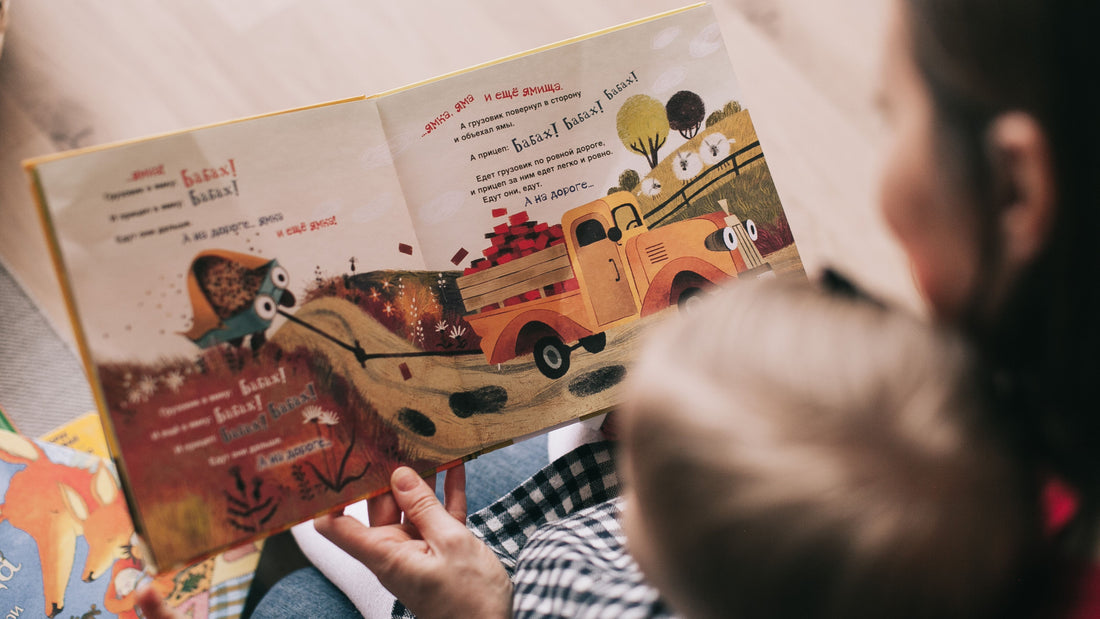Introducing books to your baby is an essential step in fostering early literacy and a love for reading. Even though babies may not comprehend the words initially, exposing them to books can have a profound impact on their language development, cognitive skills, and future reading abilities. Here are some tips to make the experience enjoyable and beneficial for both you and your baby:
-
Start Early: You can introduce books to your baby as early as a few months old. Choose sturdy, board books with simple and colorful pictures that are easy for them to focus on.
-
Create a Reading Routine: Establish a regular reading routine, like reading a book before bedtime or after meals. Consistency will help your baby associate books with comfort and bonding time.
-
Choose Age-Appropriate Books: Select books with large, high-contrast images and few words for very young babies. As they grow, introduce books with more detailed illustrations and simple, repetitive sentences.
-
Use Expressive Voices: Babies are captivated by different voices, so use varied tones and pitches while reading. This will help keep their attention and make the experience more engaging.
-
Encourage Interaction: As you read, encourage your baby to interact with the book by pointing at pictures, touching textures, or imitating sounds and gestures from the book.
-
Be Patient: Babies have short attention spans, so don't worry if they seem more interested in chewing the book at first. Be patient and continue to expose them to books regularly.
-
Follow Their Lead: Let your baby dictate the reading session's length. If they lose interest or become fidgety, it's okay to stop and try again later.
-
Create a Reading Environment: Set up a cozy reading corner in your baby's room with a comfortable chair or blanket where you can read together.
-
Read Aloud Regularly: Reading aloud helps babies develop language skills and improves their understanding of speech patterns and vocabulary.
-
Make Sound Effects: Add sound effects or animal noises as you read. This adds an interactive element and makes the story more entertaining.
-
Connect Books to Real Life: Relate the content of the book to your baby's experiences or the world around them. This helps them make connections and deepen their understanding.
-
Limit Screen Time: While interactive digital books can be fun, it's essential to prioritize physical books to encourage better engagement and interaction.
-
Lead by Example: Let your baby see you reading for pleasure. Children often imitate their parents, so if they see you enjoying books, they are more likely to develop a positive attitude towards reading.
-
Use Touch-and-Feel Books: Books with different textures or interactive elements can stimulate your baby's senses and make reading more exciting.
-
Be Enthusiastic: Show enthusiasm and excitement while reading to make it a joyful experience for your baby.
Remember, the goal is to create a positive association with books and reading. Reading should be a fun and enjoyable activity that strengthens the bond between you and your baby while promoting early literacy skills. Happy reading!

